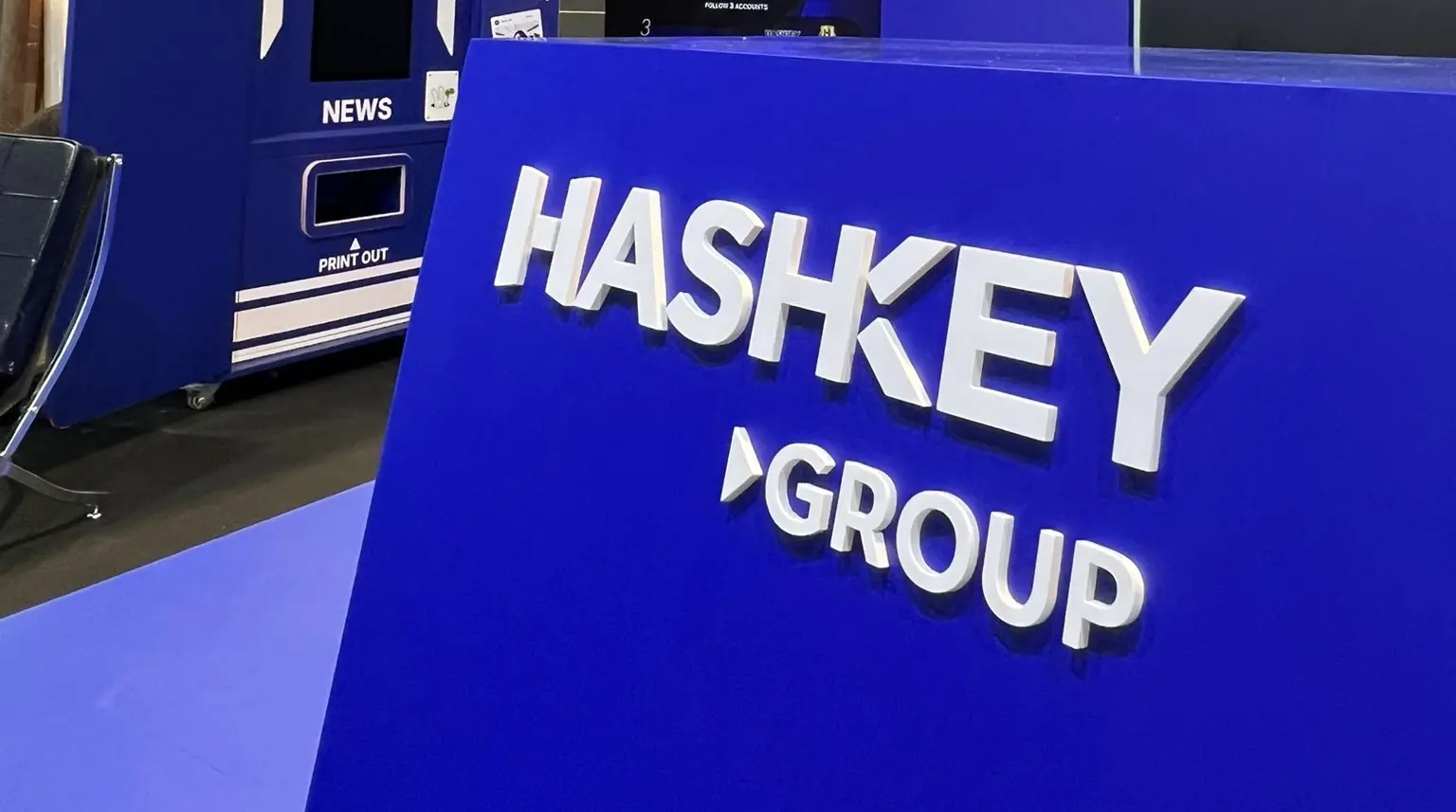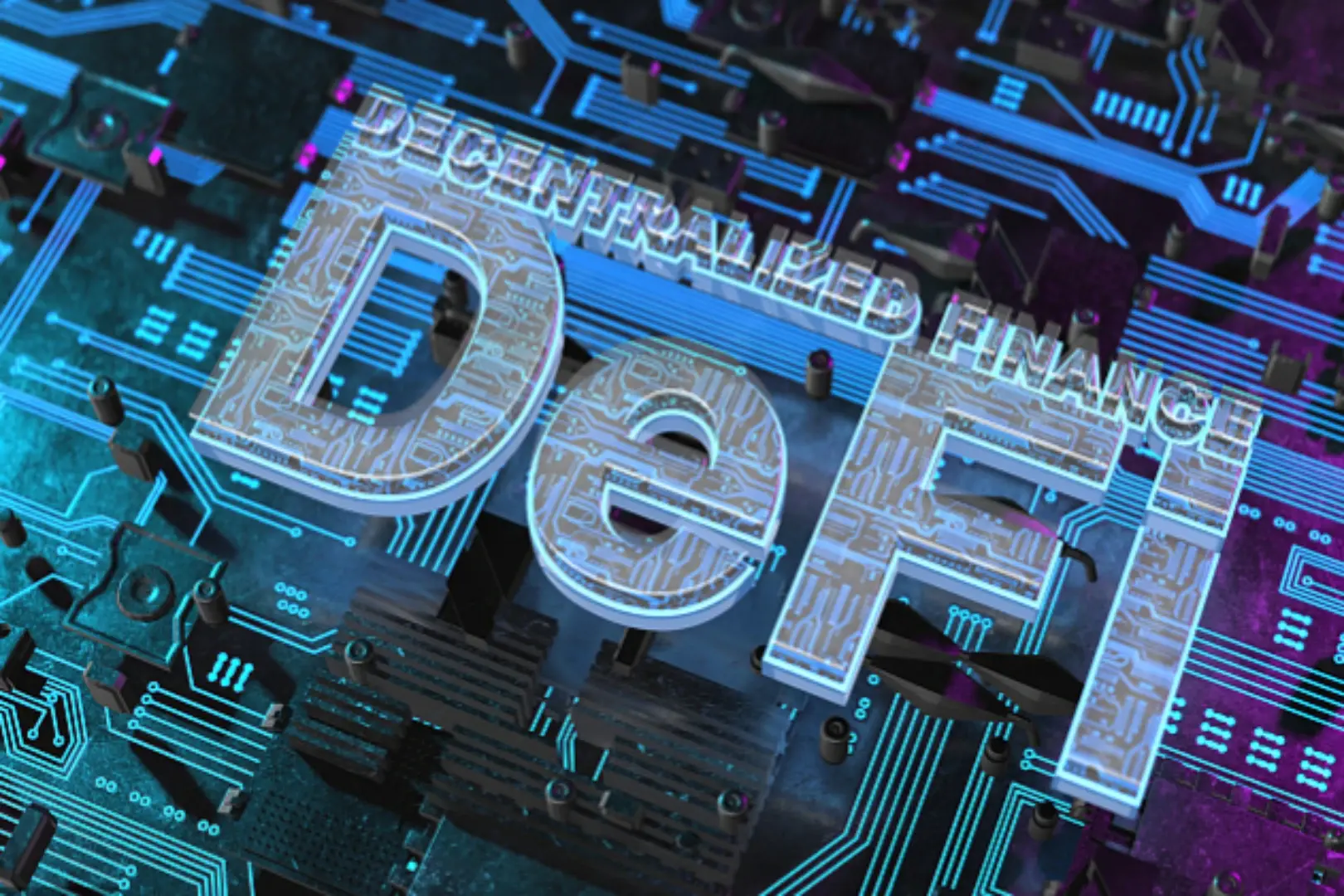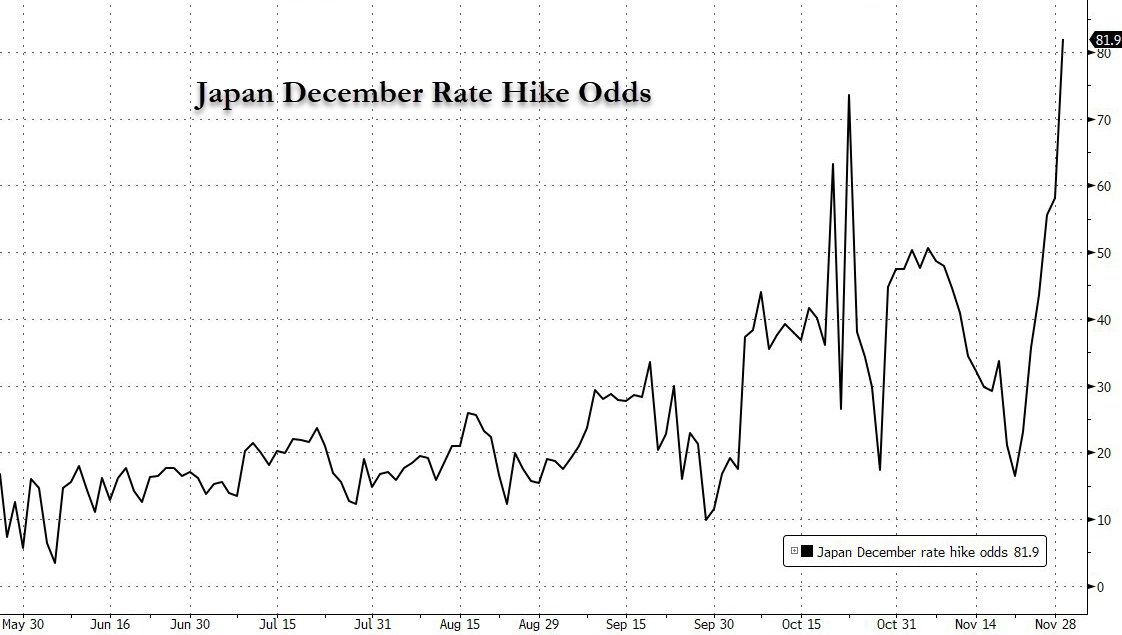GoPlus Sets New Standard in Web3 Wallet Security with Data-Driven Report
- GoPlus completed its "Wallet Wars" evaluation of six hardware wallets, releasing a security benchmark report to guide users. - The three-week event engaged millions, advancing Web3 security awareness through expert assessments on encryption and tamper resistance. - GoPlus, a key Web3 security player, safeguards 28M wallets and prevents $5B+ in losses via its infrastructure supporting 40+ public chains. - The initiative highlights growing industry focus on standardized security protocols, fostering innova
GoPlus, a provider of Web3 security infrastructure, has completed its "Wallet Wars" hardware wallet evaluation event, a three-week initiative aimed at enhancing industry transparency and promoting user education. The event, which concluded this week, assessed six major hardware wallet projects: Coolwallet, imKey, KeyPal, Keystone, OneKey, and SafePal. Evaluations were conducted by an expert jury across six distinct criteria, culminating in the release of the "Web3 Hardware Wallet Security Evaluation Report" to offer users an objective purchasing guide [1]. The initiative engaged millions of users and is considered a key milestone in advancing Web3 security awareness [1].
The evaluation report aims to provide a more accessible and transparent understanding of hardware wallet security. By benchmarking these products on multiple criteria—such as encryption, authentication, and physical tamper resistance—the event underscores the growing importance of security in the decentralized finance (DeFi) and blockchain space. GoPlus, as the organizer, has emphasized the need for greater accountability and clarity in the Web3 ecosystem, particularly as user adoption of digital assets continues to rise [1].
GoPlus has consistently positioned itself as a key player in Web3 security. Its API now supports over 40 public chains and is used in more than 30 million daily calls on average. The platform has safeguarded over 28 million wallets and helped prevent potential losses exceeding $5 billion in value [1]. These metrics reflect the company's expanding role in mitigating security risks in the rapidly evolving blockchain landscape.
Going forward, GoPlus has indicated a strategic shift toward education, tools, and partnerships to foster a more secure Web3 environment. The company aims to work with more industry players to build a collaborative framework that ensures robust security standards across the ecosystem. This approach reflects a broader industry trend where infrastructure providers are increasingly seen as critical enablers of trust and transparency [1].
The successful completion of the evaluation event marks a significant step in standardizing security benchmarks within the Web3 hardware wallet sector. By providing users with data-driven insights into product performance, GoPlus is contributing to a more informed consumer base. This, in turn, could drive innovation among wallet providers, encouraging improvements in design, security protocols, and user experience [1].

Disclaimer: The content of this article solely reflects the author's opinion and does not represent the platform in any capacity. This article is not intended to serve as a reference for making investment decisions.
You may also like
HashKey prospectus in detail: 1.5 billion HKD loss over three years, 43% equity controlled by Wanxiang Chairman Lu Weiding
Despite HashKey's significant total revenue growth over the past two years, with rapid expansion in trading volume and client base, the underlying financial pressure remains evident: ongoing losses, long-term negative operating cash flow, and consistently high net debt all contribute to continued uncertainty regarding its financial resilience ahead of its IPO.

A Good Opportunity to Buy the Dip? In-depth Analysis of “Real Yield” DeFi Tokens
The market has indeed offered better entry points, but the narrative of "real yield" needs to be carefully scrutinized.


